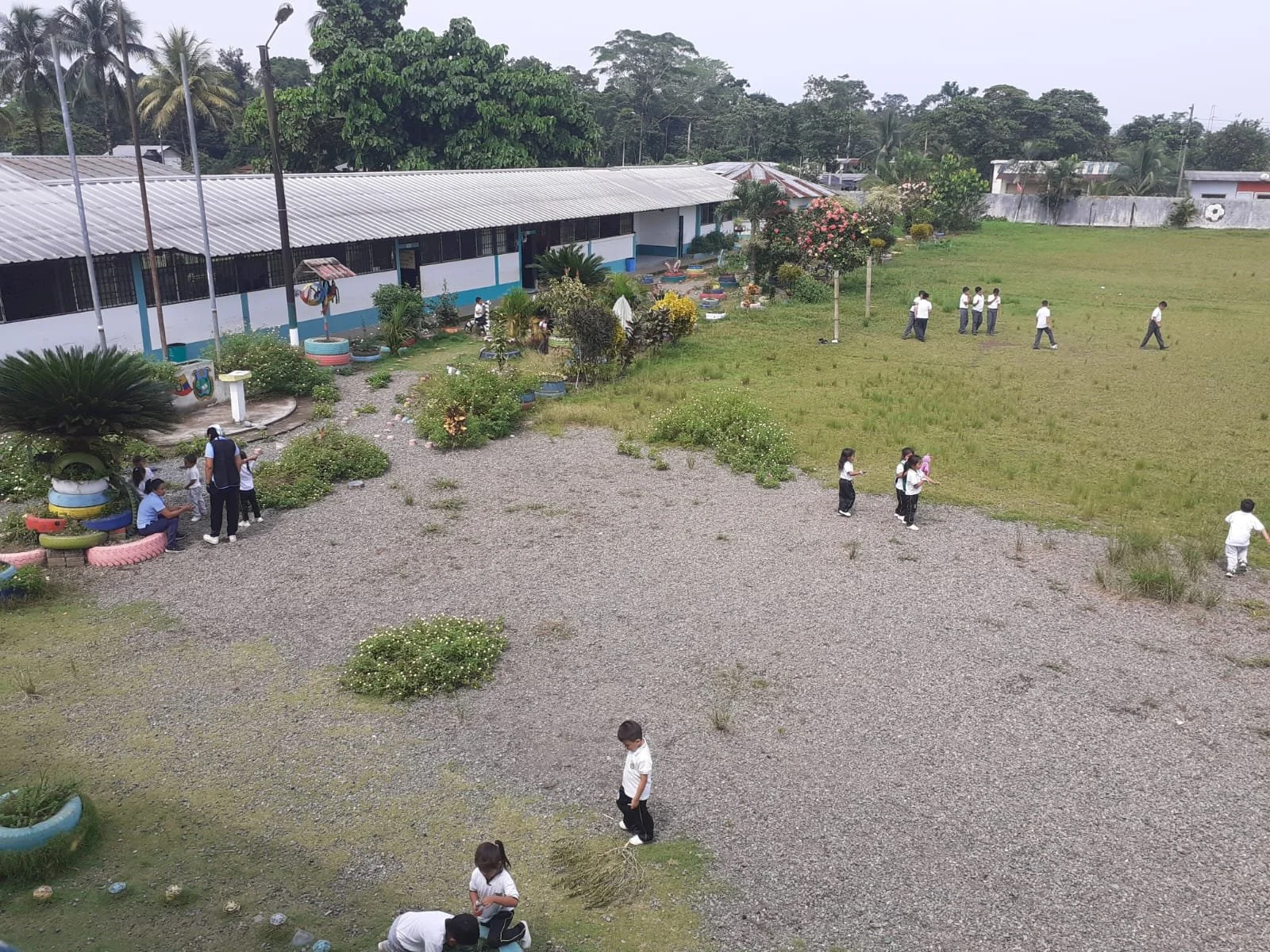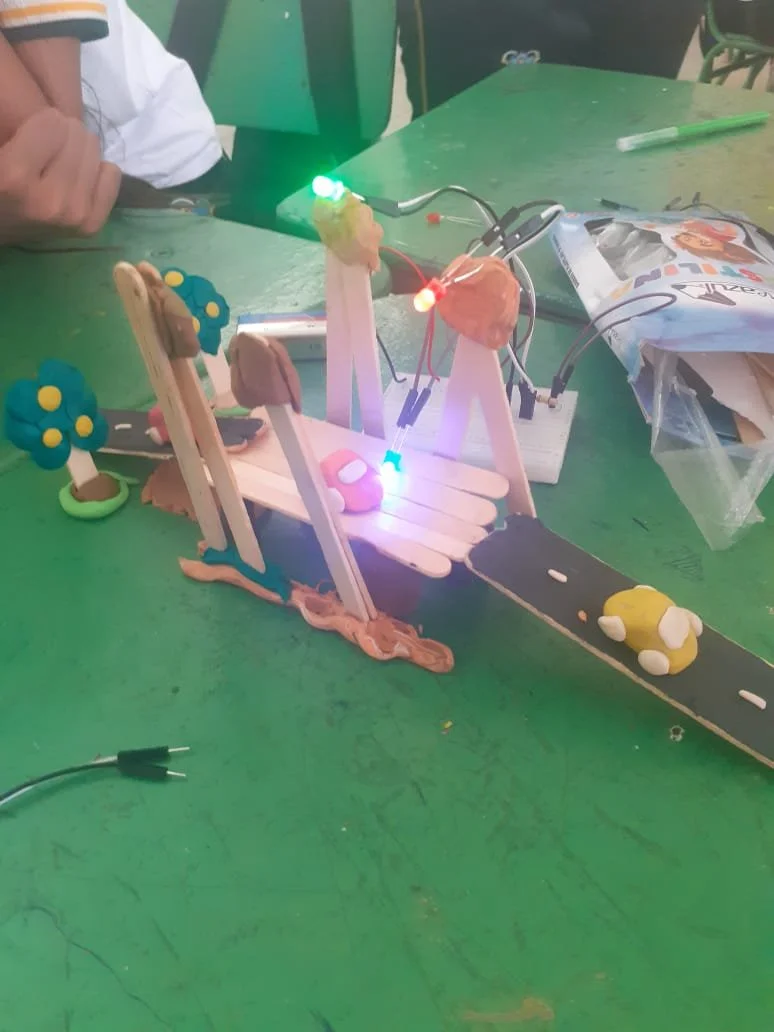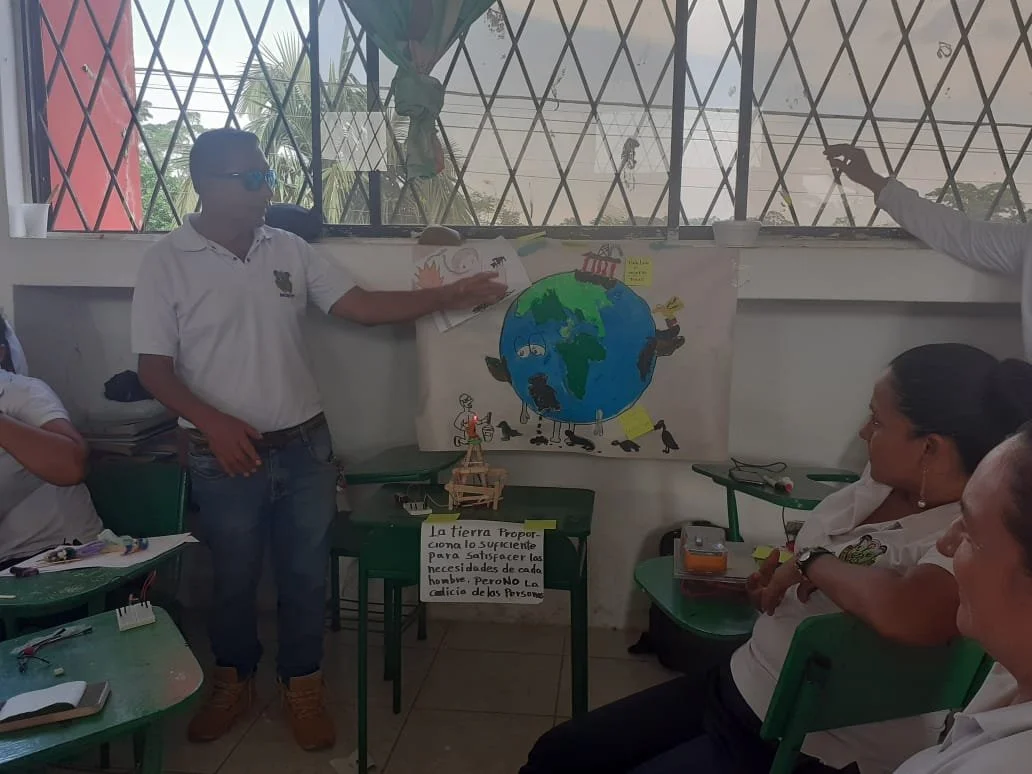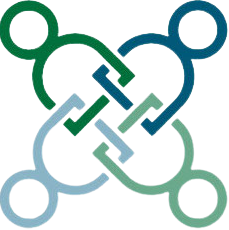Administrative work vs. Work in and with communities
One year ago, in the August blog, I mentioned, “I am still wondering what I want to focus on, but Community Engagement has come to my professional life since 2019, and I have discovered an intrinsic passion for it”. The same month, I was hired to be the Community Engagement Program Coordinator at my alma mater. It is clear that community engagement is now part of my life, and I am honored because I love learning from others and enriching them with who I am and know. This job offers me that every single day!
My goal was to be a coordinator once I graduated from my master’s program in Higher Education at Merrimack College. I did it! It has been challenging due to the large amount of administrative work. However, I am so grateful for the opportunity to enact changes in this new role. It has been complex, but I have persisted and taken action through small steps, one day at a time. As with every job, there are flaws. The administrative component has been that particular flaw which I am looking for ways to improve. With administrative tasks, I refer to the main ones: documentation that has to be collected for internal purposes and provided to governmental platforms, procedures from different offices at the university which I depend on to perform my job, and new processes that need to be implemented in the office (which I am still figuring out).
After the first seven months of my job, I had the opportunity to go to one community and immerse myself in what provides meaning to my work at the office.
This year, in March, the School Fab Lab leader asked for my support in her community outreach project. I saw the work and impact of one project with my own eyes. I provided STEAM workshops to sixth graders and all the teachers from the public institution we visited. We traveled to the Amazon region, to Joya de los Sachas, and the school was in a rural zone (see picture 1).
As an educator, I was so happy to have this role. I went with two undergraduate students who supported me in these workshops and were part of the project. The main focus of the workshops with the kids was bridges and circuits (see picture 2). Teachers received an introduction workshop about STEAM, and they looked for solutions to a problem they have in the place where they live (see picture 3).



Picture 1: First-grade students and teacher playing during the break. This is the school we went to in Joya de los Sachas.
Picture 2: STEAM project for sixth graders (a bridge done with sticks, plasticine, and LED lights).
Picture 3: Teachers presenting their STEAM projects. They were complaining about oil exploitation in their zone, which is making a lot of people sick and damaging nature.
Returning to the office and my routine after my adventure in the Amazon, I reflected that my work is powerful and that the work in the community versus the paperwork and administrative tasks differs. My role must be supporting and going to those communities to empower them with the initiatives my team of professors has proposed. At the same time, I need to take action over the administrative aspect to be ready to go to communities. I mean that those two aspects of my work go hand in hand. Thus, this first year of work I have decided to visit those projects which are done near the campus while also taking care of the new processes we are implementing, so the projects can be successful holistically.
My job has to be in every location in my country, with the community. This is where authentic learning happens. However, being a coordinator also implies administration and paperwork, giving results to government platforms, and taking care of those issues that I was not prepared for and that I am learning in the practice. My why keeps me going in this administrative aspect that takes a lot of my energy and always keeps me thinking how I can make it more efficient and effective. I am in this position for a powerful reason, but I am also being conscious that this is a process, and there will be time to be more immersed with communities and be also empowered by them!
Diana Coello is working on a new model to empower communities and promote impact in community outreach projects at her alma mater in Ecuador. She also works with Dr. Elaine Ward on some Community Engagement projects based in the U.S. Diana did her Master of Education in Higher Education at Merrimack College and graduated in 2023. Diana can be reached at dcoello@usfq.edu.ec

